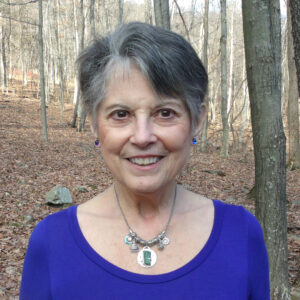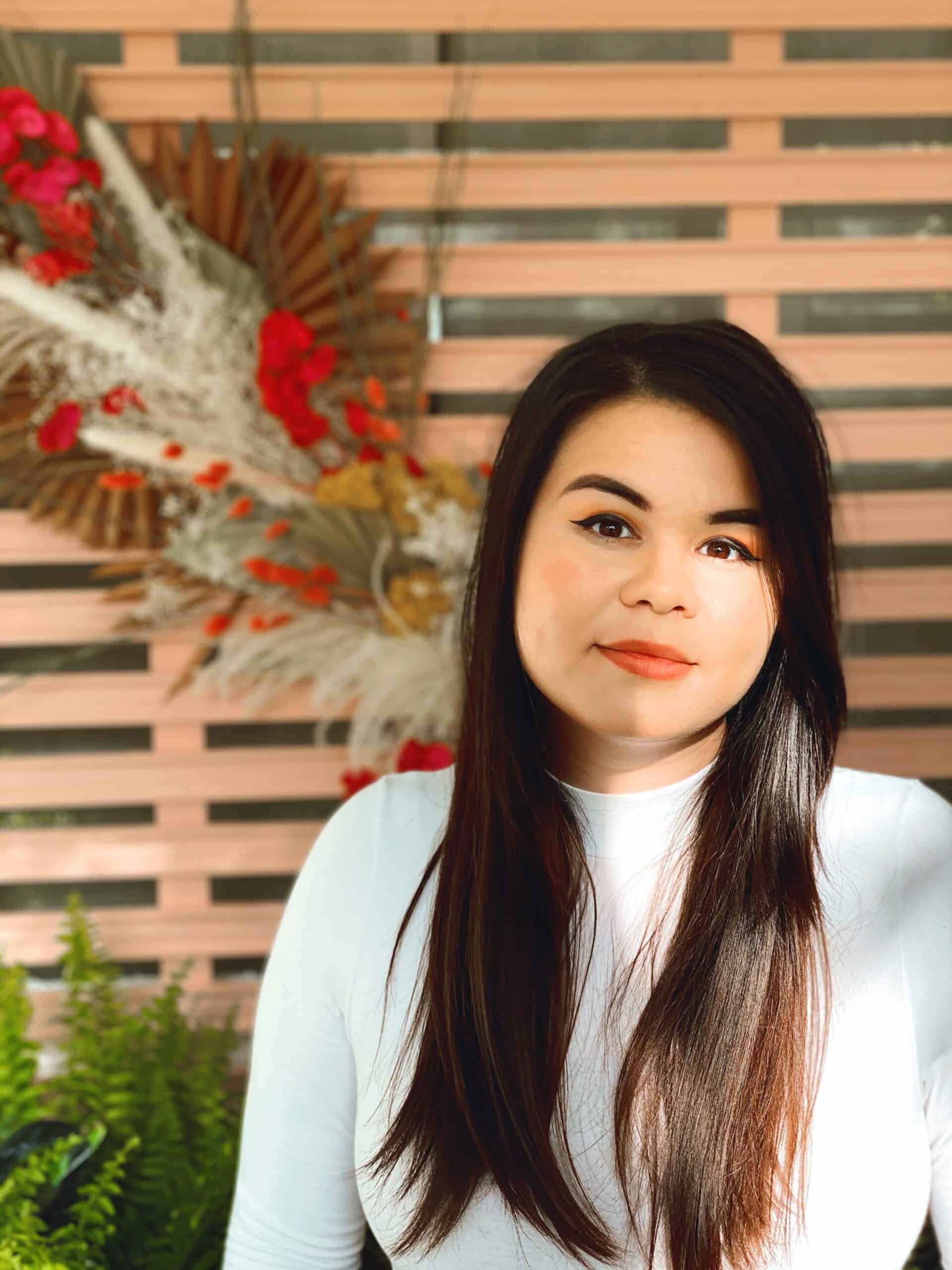In this insightful interview, we delve into the journey of faith deconstruction and liberation with Angela J Herrington, author of the upcoming book “Deconstructing Your Faith without Losing Yourself.” As a seasoned Faith Deconstruction coach, Angela shares candidly about their personal challenges during the deconstruction process and the inspiration behind their new book. We explore common misconceptions surrounding faith deconstruction, practical advice for those questioning their beliefs, and the delicate balance between respecting individual faith journeys while challenging harmful beliefs. Through poignant anecdotes and valuable insights gained from years of coaching, Angela offers a compassionate perspective on navigating the complexities of faith and self-discovery.
What were some of the biggest challenges you faced while deconstructing your own faith, and how did you overcome them?
Oof-There were so many challenges! I think the biggest was having zero confidence that I was making the right decisions early on. It took a lot of support from people I trusted and a lot of therapy to fix that. I still struggle with self-confidence sometimes, but my ‘trust’ muscles are much more developed than when i started this journey.
The other thing that was massive was learning how to loosen my grip on certainty and legalism. I share in the book a little bit about my journey from hypervigilance to open handed living. That’s really hard in religious spaces where we are often taught certainly is a sign of spiritual maturity and will be rewarded with God’s blessings and protection.
Your new book, “Deconstructing Your Faith without Losing Yourself,” focuses on helping people untangle from toxic religion. What inspired you to write this book?
It stemmed from what I wish I’d known during deconstruction and my years working as a coach. Even before the word deconstruction became popular, many of my coaching clients were in the midst of it. There’s also a lot of negativity and vitriol being directed at the deconstruction community. It’s important to me that those who are questioning have safe spaces where violent voices aren’t dominating the conversation.
Could you share some insights or key learnings from your decade of coaching clients through various seasons of faith?
Every person’s journey is unique, and anyone who promises a step-by-step plan to help you get from beginning to end is probably oversimplifying the journey. That doesn’t mean that they’re making it up. I’m sure their method works for some, but there’s not a single path or series of steps that we all follow.
Liberation requires us to learn how to trust ourselves more than we trust other voices. It’s hard work, but it’s totally worth it. Once you’ve learned to listen to your gut and trust your feelings, you spend a lot less time getting triggered by people who haven’t done their own work. Trusting yourself makes it much easier to navigate the world with healthy boundaries and hope for the future.
In your experience, what are some common misconceptions people have about faith deconstruction, and how do you address them in your book?
The biggest myth that people are getting hit over the head with all the time is that people who choose deconstruction are lazy and don’t want a community’s accountability. All of my clients work very, very hard to understand what’s going on and recover from religious trauma. Many are in church leadership or have been in the recent past. If anything, staying in those roles and pretending like everything was fine would have been easier than risking everything to talk openly about their doubts.
What advice would you give to someone who is currently going through a period of questioning or doubt in their faith?
Be kind to yourself. This journey isn’t something that happens overnight, and it’s not one that you can control. There has to be time to find a quiet corner of the world to grieve what you’re losing. Rest is important. Don’t try to push through everything and pretend like you’re not exhausted. Play the long game and take care of yourself.
And just keep going because you really do deserve to be free.
How do you navigate the balance between respecting someone’s faith journey while also challenging harmful beliefs or practices?
What I believe isn’t really relevant to my coaching sessions, outside of the fact that I know every person deserves respect, compassion, and autonomy. The last thing I want is to create an army of people who believe what I say they should believe. I’d much rather be surrounded by people who know how to self-regulate, trust their bodies, and are spiritually flourishing on their own terms.
Most people who come to me for help know where the dissonance is, but they don’t know how to navigate it. So most of our time focuses on helping people learn how to hear their own voice and trust it more than they ever have. That’s the untangling part.
Can you share a particularly memorable or impactful moment from your work as a Faith Deconstruction coach?
There’s a client I’ve worked with off and on for years. She’s given me permission to share snippets of her story anonymously. She grew up in a cult, left in her early 20s, got married, raised a kiddo, and as an empty nester was finally able to turn her attention to her own healing. In our sessions, I watched her slowly drop her walls to the point where she could acknowledge that her family was embedded in a cult and she actually was abused.
Once she stopped blaming herself for all that pain, it was much easier to release her feelings of being obligated to keep reaching out to her family, obeying her parents, and trying harder to earn their love and approval.
She then had the space to grieve the love and safety she deserved but never had. Her dad was a religious leader so that deep wound was deeply connected to her relationship with God. She is still sorting out what she believes, but she no longer believes her abusive parent’s definition of God.
What do you hope readers will take away from your book, and how do you envision it impacting their lives?
My big dream for this book is that it lands in the hands of the people who need it the most so they don’t feel isolated and overwhelmed. Many people who are questioning don’t have safe spaces to share what they’re feeling or thinking.
Lastly, what’s next for you? Are there any upcoming projects or initiatives you’re excited about sharing with your audience?
It’s an exciting time and opportunities are popping up everywhere! I’m sharing the book on lots of podcasts and booking speaking events for the upcoming year. I’ve had a boutique marketing and communication strategy agency for years and am beginning to focus on healers and providers who are supporting people in deconstruction. It feels like a great way to multiply the work I’m doing with my deconstruction coaching clients.
I’m also planning a few local in-person events and finalizing details for two brand-new podcasts! Both podcasts should be out early fall(if not sooner).
And I’m already outlining the next book 🙂
You can find more information on Angela’s work here:






